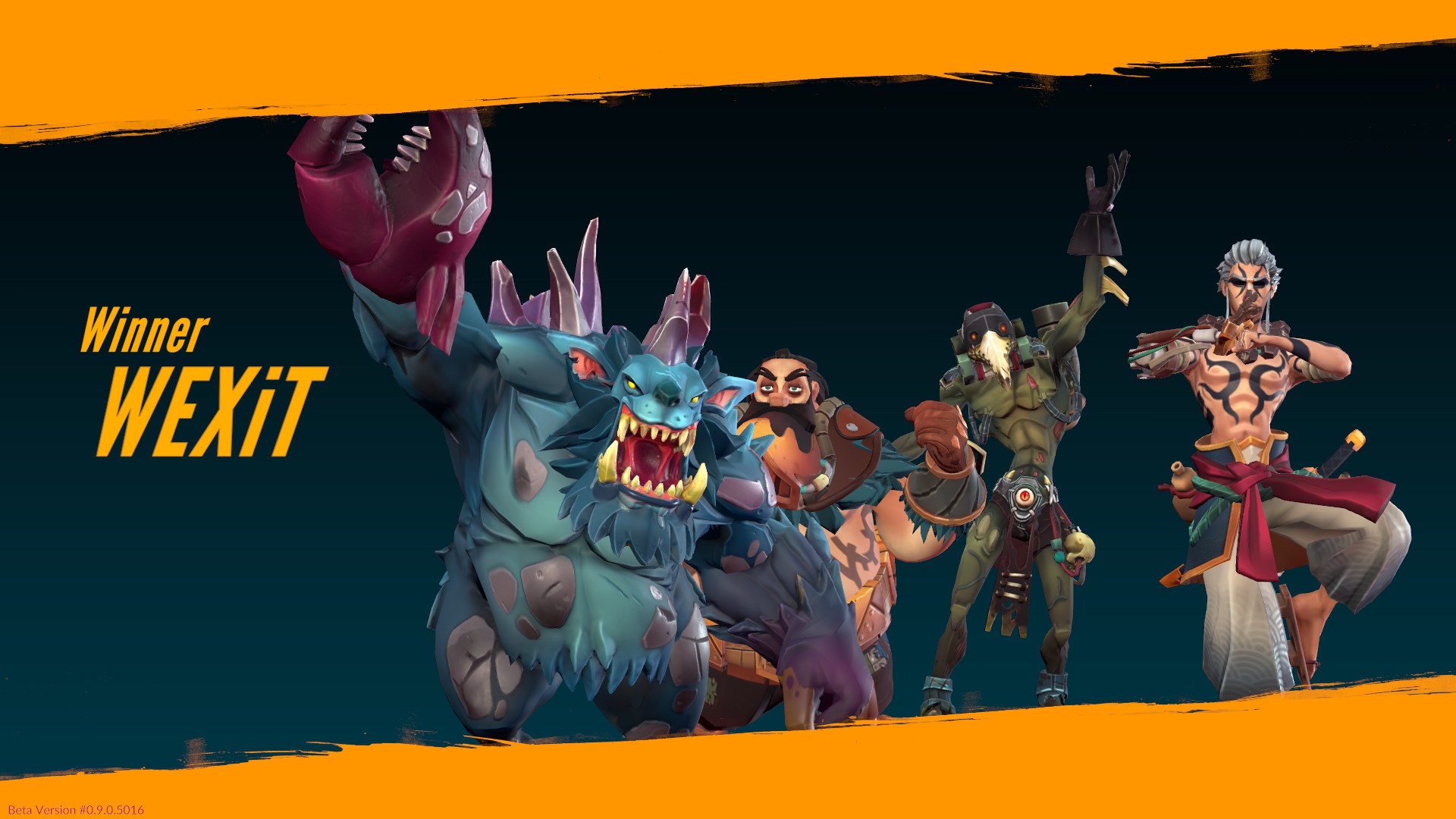
What is left of their suffering ? And how does their suffering echo with ours ? The Malgré-nous has this unique peculiarity of being both victim and executioner. How could one make their way in Berlin without getting entangled in this light and darkness ? How could one not identify with the victims ? And their tormentors ? The stroll through Berlin propels me into the light of this global city, but also into the dark realms of the Nazis’ totalitarian system, embodied, in my opinion, by Mühsam’s poem (6), the Stolpersteine (7), and the number 4 on Tiergarten Street, from which comes the title of the tragic T4 program. In a sense, all the Canadairs are the smoke screens of our good conscience and abuse of this natural resource. In other words, forests are more largely devastated by ultraliberal management than by summer fires. According to the IGN (4), in France 51 % of all forests consist of monospecific stands (ie where a single species accounts for 75 % of all trees), 33 % of two species basically, and only 4 % of four or more species.” (5)

These fires highlight our dark side to enlighten us about today : “Is the forest only a ‘resource’ to be managed in order to maximize its capacity to store carbon ? A gigantic pool of biomass to be used by huge wood energy plants ? The very thing the traumatized French soldiers back from Afghanistan cannot stand anymore…

So I found myself ears wide open, listening, in the heart of raging volcanos, in the heart of burning forests and fireworks that convey exaltation, joy and anger, but also fury, or even the death drive. This encounter had been written, it was preordained (2) considering that Érik bears the name of a village (50 souls) that welcomed me in Switzerland, my other homeland.Īnd, most likely, that meeting would not have happened without the Judenhut (3) I am always wearing and which allowed eRikm to recognize “it.” To the invisible lying beyond the obvious. I don’t know why, and I can’t explain it, but listening to this takes me back to the Origins. I found myself propelled in search of wide spaces and primitive people (1). Listening to them was like gazing in a mirror of my “inner self,” my interiority, my rapport to history and History. That was probably my first leap of faith, “against my will.”Ĭonfronting the themes composed by eRikm led me to conduct an ideological, environmental and anthropological review of my own history. My parents called me Georges Yoram and I took them at their word.


 0 kommentar(er)
0 kommentar(er)
